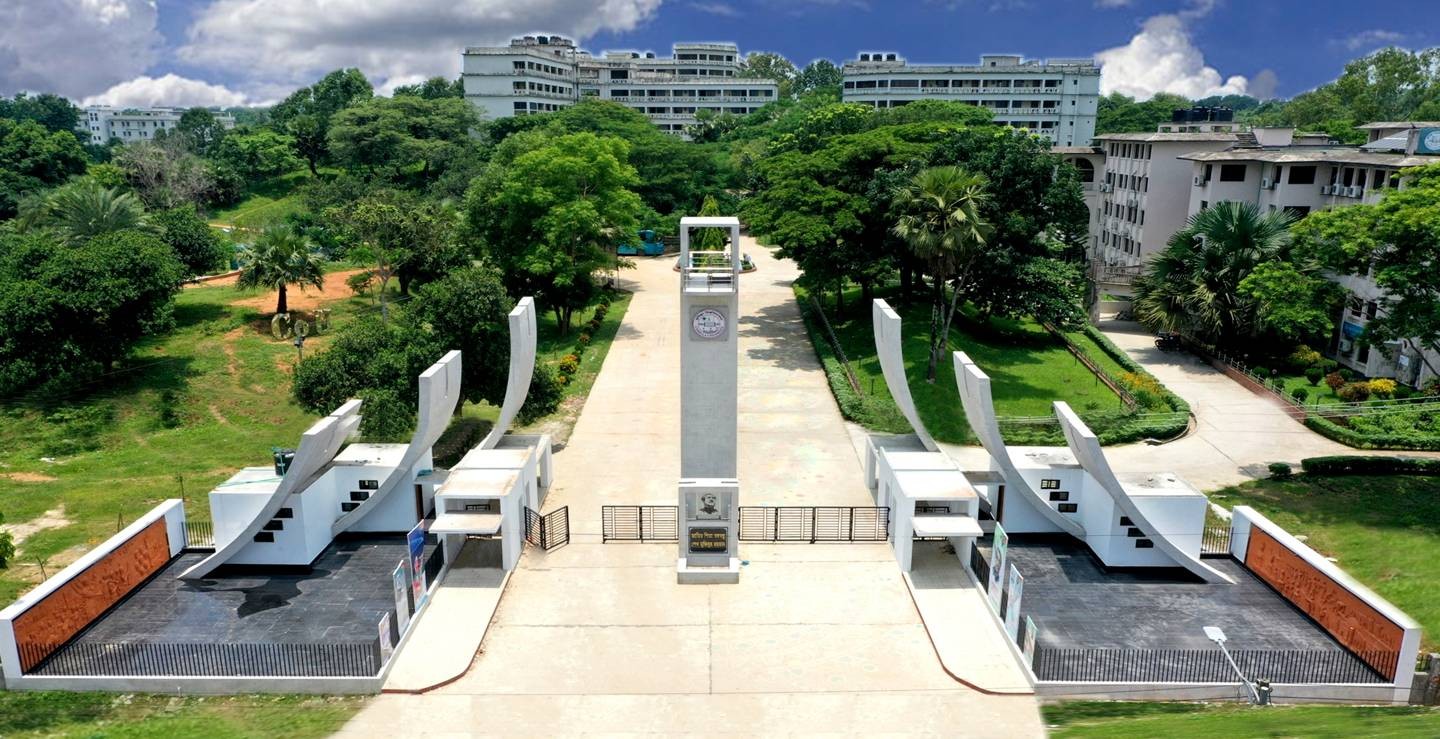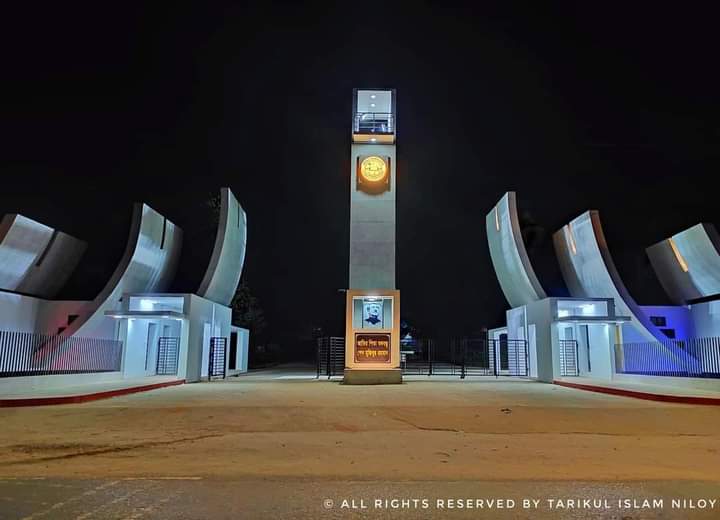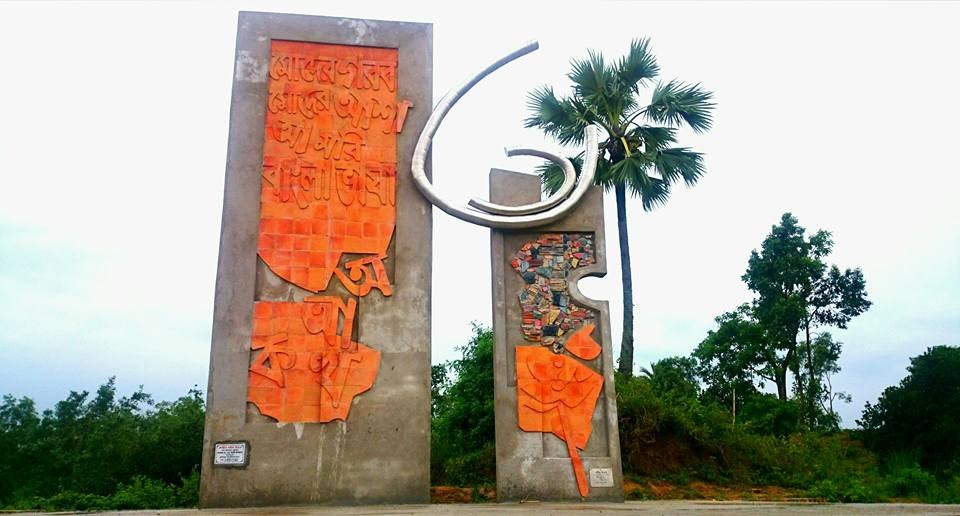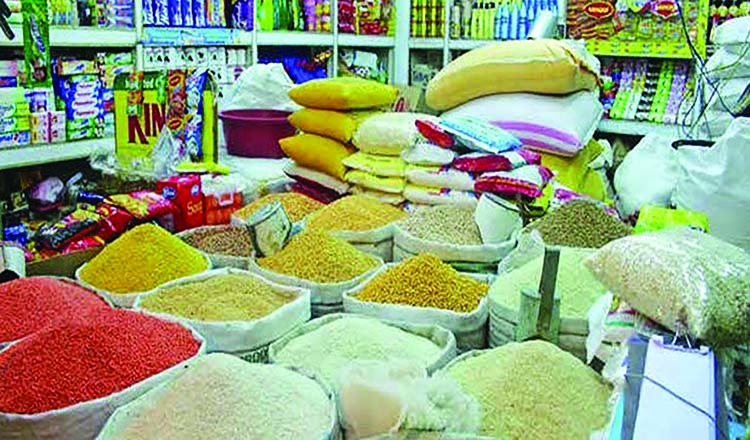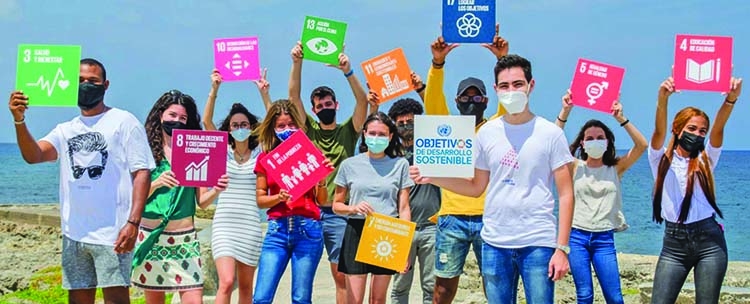By Md. Saiful Islam
International cooperation alludes to the affiliation between countries to address common challenges, achieve shared goals, or promote mutual interests. This can take place in various areas such as trade, environmental protection, security, humanitarian aid, science, and education. This cooperation is also essential for maintaining peace, improving global welfare, and tackling transnational problems like climate change, pandemics, or terrorism.A country is not completely self-sufficient in terms of its internal structure. As a result, the country needs international assistance. To make a country self-sufficient, there is no alternative to skilled education, economic development, support in the health sector, disaster management, peace and security, investment and trade and sustainable development.
Bangladesh compels international assistance primarily due to economic, social, and environmental reasons. Bangladesh is a developing country that often relies on foreign loans and grants to improve its economic infrastructure. Specifically, foreign loans and assistance are essential for implementing various mega projects, such as the Padma Bridge, Metro Rail, and nuclear power plants. The country’s tax-to-GDP ratio is only 8%, which is relatively low. Without increasing this ratio, it becomes challenging to collect adequate revenue.
According to the buget of fiscal year 2024-25, Bangladesh is facing high inflation, which has reached 9.74% in 2024. As a result, the prices of goods have increased, leading to a higher cost of living for the general public. To ensure food security and stabilize the prices of essential commodities, the government is having to seek international assistance.
Most recently,according to the budget of fiscal year 2024-25 the World Bank has projected that Bangladesh’s economic growth could be 4.1 percent . Earlier, the Asian Development Bank’s corresponding estimate for the same fiscal year was 5.1 percent.Three things are very crystal clear from these data. Firstly, the projected growth is a reflection of the current reality of Bangladesh. Secondly, although there are differences in the data provided, both the World Bank and the Asian Development Bank have reduced their earlier estimates. Thirdly, Bangladesh’s growth has been estimated by two international organizations, but no government agency in Bangladesh has yet made such an estimate.
The proposed budget for the fiscal year 2024-25 is set at Tk 7,97,000 crore, allocated under categories such as social infrastructure, physical infrastructure, general services, interest payments, PPP subsidies and liabilities, net lending, and other headings . This budget is 4.6% higher than that of the fiscal year 2023-24.
By correcting the data, according to the Bangladesh Bureau of Statistic (BBS) Bangladesh Bank removed 1,420 crores or 14.20 billion dollars from the country’s export income figures last month. In this, the export sector, which is in the trend of growth, has suddenly gone into the negative trend. The situation of foreign investment and loans or assistance in the country is also not satisfactory. Only remittances sent by expatriates were in positive trend. It is also going to suffer a big blow in the prevailing unstable situation. This puts the country’s dwindling reserves at risk of becoming more fragile.
Although Bangladesh benefits in many ways from international relations, there are also some negative aspects or drawbacks associated with it. Excessive dependence on foreign aid and loans can reduce the country’s financial self-reliance. Due to pressure from international donors, Bangladesh is sometimes forced to invest in projects that are not very essential for the country, potentially leading to economic losses. Additionally, various international pressures or lobbying may compel changes in the country’s own foreign policies.Many skilled individuals leave the country for education or job opportunities in developed nations, which negatively impacts the development of human resources in Bangladesh. Arms imports or military agreements in the name of defense cooperation with foreign countries can harm regional peace and stability. Moreover, there are challenges faced by migrant workers, issues in setting national agendas, security and safety threats, and environmental risks as well.
To overcome the challenges arising from international aid, Bangladesh needs to adopt effective strategies and long-term planning. Dependence on foreign aid must be reduced by improving the domestic tax collection framework and focusing on increasing revenue. Before taking on international loans, potential risks and profitability must be thoroughly evaluated. Unnecessary loans should be avoided, and investments must be directed towards essential ssectors. Additionally, investment in training and the education sector must be increased to enhance skills, thereby reducing dependence on foreign experts. Efforts should be made to diversify sources of aid and investment rather than relying on a single source. Transparency and accountability in the utilization of aid funds must be ensured. Waste can be minimized through anti-corruption measures and the establishment of good governance.
Most importantly, awareness must be raised among the people so that they can rely on local productivity and understand the limitations of foreign aid. Public participation in aid-dependent projects must be ensured to make these projects effective.
In conclusion, international aid is crucial for Bangladesh’s progress as it plays a significant role in economic, social, and infrastructural development. This aid supports various sectors such as poverty alleviation, education, healthcare, environmental protection, and disaster management. Through advanced technology, knowledge, and financial resources, international assistance helps enhance Bangladesh’s capabilities.However, it is essential to manage and utilize this aid with proper oversight and transparency to achieve long-term self-reliance. Alongside international cooperation, the development of domestic resources and the adoption of effective policies are also necessary, which will lead Bangladesh toward sustainable development. Therefore, while international aid serves as a driving force for the country’s progress, self-reliance holds equal importance.
The Writer is a Member of Social Research Group (SRG) and an undergraduate Student of Public Administration, Comilla University. This is a work in progress.

